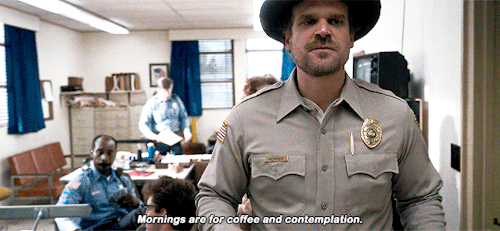
THE SUBTLE ART OF NOT GIVING A F**K
The subtle art of not givina a f**k is the book written by Mark Manson: three-time #1 New York Times bestselling author.
His books have sold some 20 million copies, have been translated into more than 65 languages, and have reached number one in more than a dozen countries.
In 2023, a feature film about his life and ideas was released worldwide by Universal Pictures.
Impressive numbers indeed.
The subtle art of not giving a f**k also received endorsements from very famous people.
My thanks rather go to Elisa Mirko and Diego for giving it to me.
A title that to call catchy is an understatement, needless to say my first thought was,:with all my multitude of paranoia, I surely have a lot to learn.
Do you always get your way?
Actually the Italian translated title is The subtle art of doing the hell you want and I think it doesn’t express the real meaning of giving a f**k.
It’s not exactly the same thing, is it?
The difference is as subtle as the “art” described in the book.
In my life I’ve given a f**k about a lot of people and a lot of things … And those f**k I didn’t give made all the difference. This is the sentence with which the author introduces the book on his blog.
Yes: blog. It all started from a blog because Mark Manson wanted to be a digital nomad.
Undoubtedly he was able to largely fulfill his desire.
Undoubtedly he has been able to maintain a remarkable balance, I quote his words: when we give a f**k about everything, then we feel as though we are perpetually entitled to feel comfortable and happy at all times, that’s when life f**k us.
So I may be too unbalanced: I have not been able to get involved in reading, I must be a hopelessly lost case.
And consider that I really like this phrase: not givinge a f**k does not mean to be indifferent, it means to be comfortable with being different.
A concept that encapsulates much more than I was able to get out of the book, despite all the right concepts it introduces.
Tell me about how comfortable you feel with doing what you want to do, are you directing your life, or is your life directing you?






 Hi I'm Claudia and this is KCDC.
Hi I'm Claudia and this is KCDC.




OPINIONI